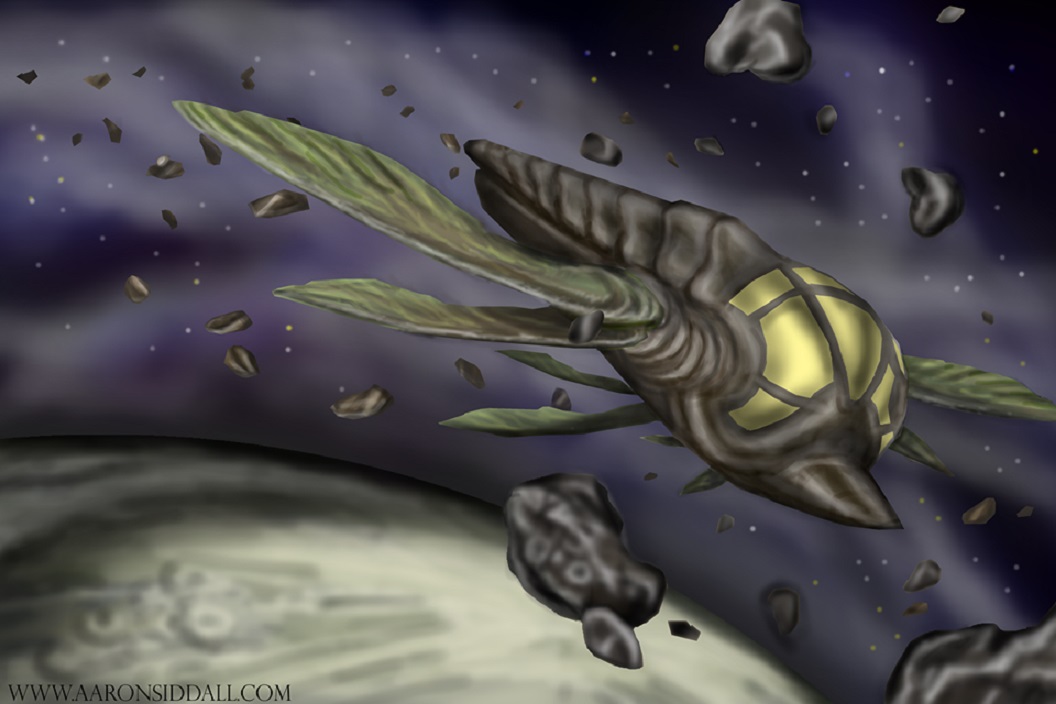Amputation / Dismemberment
This article is by no means complete. Please come back once the update has been sent to Followers. You'll know that's happened when it has a cover image. Thanks!
Transmission & Vectors
There are a variety of injuries and conditions that can result in the loss of a limb or other body part. Most often, this is due to some grievous injury, perhaps as a result of work or war. It is not uncommon for sailor and starfarers to lose limbs, either by accident or through warfare. However, there are a variety of conditions that can result in amputation as a life-saving measure, such as infection and gangrene, severe frostbite, flesh-eating illnesses, parasitic infections, or curses and magical conditions, such as mummy rot or lycanthropy. Some limbs and body-parts may also be missing or malformed through congenital conditions.
Causes
A body part may either be removed through traumatic amputation (ie. explosions, cannon shot, severe damage and crushing) or through surgery (ie. to prevent systemic infection from gangrene, to prevent a lycanthropic bite from spreading lycanthropy, to prevent a flesh-eating parasite from spreading, to remove a severely damaged limb that will likely cause more problems if it is not removed, etc.) Congenital disorders may also result in a child being born without a given body part, or with that body part being so malformed that a surgeon judges it is better for the patient if it is removed. Occasionally a body part withers and falls off, either through a disease such as leprosy, or by means of foul magic or curses.
Symptoms
Missing a body part comes with a host of accompanying issues. The most obvious of these is the lack of the part, which affects the way the body functions. Missing a hand can make holding, carrying, handling, and picking things up considerably more difficult; missing a leg interferes with mobility and access; missing an eye results in a loss of depth perception and possibly diminished overall vision, and loss of range of sight. There are other accompanying issues: a malformed limb may be awkward and interfere with mobility; a missing organ may cause catastrophic failure of bodily functions or failure of the body altogether, resulting in death. If a limb or other body part was surgically removed or lost traumatically, "phantom pain" is a known symptom, in which the body still expresses pain in body parts that no longer exist as the nerves try to repair themselves.
Treatment
In many cases, a lost body part may be replaced with a magical mithril prosthetic by Medical Artificing. This arcanology provides the amputee with a functional replacement part that responds to their own body's natural signals and maintains most of the missing part's maneuverability and function. Mithril prosthetics are a fairly commonly-available technology to veterans of the Avalonian Imperial Navy who are injured in war, although there is a wait list to receive the replacement. Others may have more difficulty acquiring such a device. If the replacement is particularly complicated, such as for an eye or an internal organ, access to such magitech is considerably less available, as there are only a few Medical Artificers with sufficient skill and magical capability to build such a device, or to conduct such an operation. Mithril prosthetics can also be prohibitively expensive. Some enterprising trade unions, and some forward-thinking altruistic organizations and philanthropists, provide funding for common people who require such prosthetics. There is also a fund to assist with the cost of prosthetics for Navy veterans, and many wealthy and noble Navy families contribute to this fund. In the meantime, a variety of marginally functional prosthetics may be used, such as wooden legs or hook caps for missing hands. The poor, or those in isolated areas, may end up managing with such functional prosthetics indefinitely.
Some rare priests and clerics can also call upon powerful healing magics to restore a lost limb or body part. This ability requires a skilled cleric of the strongest faith, and is therefore usually much more difficult to access than prosthetics. A restored limb will be brand-new, with new, untanned and uncalloused skin and unworked muscles like that of an infant, and must be brought gently back up to working condition in order to prevent blisters, sunburns, and other related issues. Of course, regeneration through divine magic is not possible when the condition is congenital.
In any case, a course of physiotherapy is required to either restore full functionality of a regenerated limb, or to get used to working with the new prosthetic.
Prognosis
Mithril prosthetics, while a wonder, are not a cure-all. An amputee is likely to still experience phantom pain and any host of complications resulting from their injury. Infections are uncommon but do happen. Occasionally the amputation itself causes problems; it is not unknown for bone to punch through the remaining flesh and skin of a missing limb, if the bone is left with sharp edges or if there isn't enough flesh remaining to cap the bone; although this is becoming less common as surgeons and medical artificers share their knowledge and skills. The shape of a residual limb also changes over time, so a patient may require a new prosthetic if those changes are significant enough.
Sequela
If a wound continues to open, or if it becomes blistered or irritated, further infections may develop. Wound and limb care is therefore of paramount importance in any course of treatment.
Affected Groups
It is more common for amputation and dismemberment to occur as a result of traumatic injury. As a result, amputation is not infrequent among starfarers and sailors, nor among industrial workers, nor other military personnel.
Prevention
The best prevention to avoid amputation or dismemberment is to avoid injury and avoid infection. Sometimes the first is simply not possible, but good safety guidelines make it less likely. Chiurgeons and other medical professionals are learning more about preventing infection all the time, and some good techniques have been developed.
Cultural Reception
Scars are considered unsightly and inappropriate among elves, so many elven amputees keep their prosthetics hidden, either through strategic use of clothing or through magic. Interwoven enchantments in particularly good prosthetics may even disguise the metallic sounds it makes when it comes in contact with solid objects. Rarely, an elven veteran rebels against this stigma and openly displays their prosthetic as a badge of honour for their period of service.
A human with a prosthetic or missing limb may be shunned or feared, if such things are uncommon in their culture. Gnomes and dwarves, however, tend to take it all in stride.
Missing limbs are assumed to be a battle scar among Orcs and most other Fomorians, and the amputee is treated with reverence and cared for by their clan. On the other hand, to goblins, an amputee is considered to be functionally useless to the tribe, especially since they are unlikely in the extreme to receive prosthetics or magical healing. A Goblin amputee is likely to be shunned, abandoned, or even exiled.
Don't forget that you can click on the blue compass on the left to access the Table of Contents at any time!

Want to read all of the Toy Soldier Saga fiction, even before the rest of the world does?Subscribe now!
Type
Physiological
Origin
Natural
Cycle
Chronic, Acquired & Congenital
Rarity
Uncommon
My husband is an amputee in real life, so much of this is based on personal experience. If you have any questions about amputees, including the things that the medical profession generally does not tell you, please feel free to ask us!





Comments